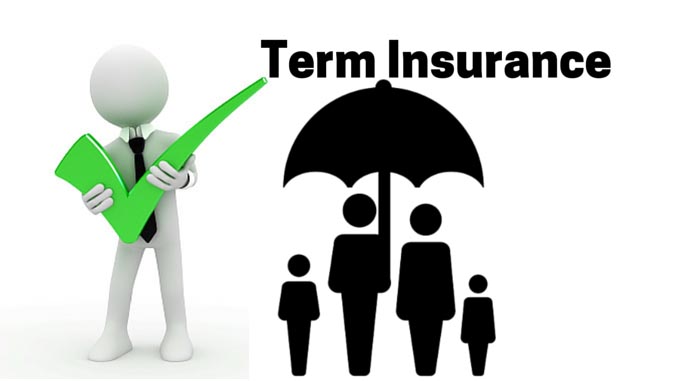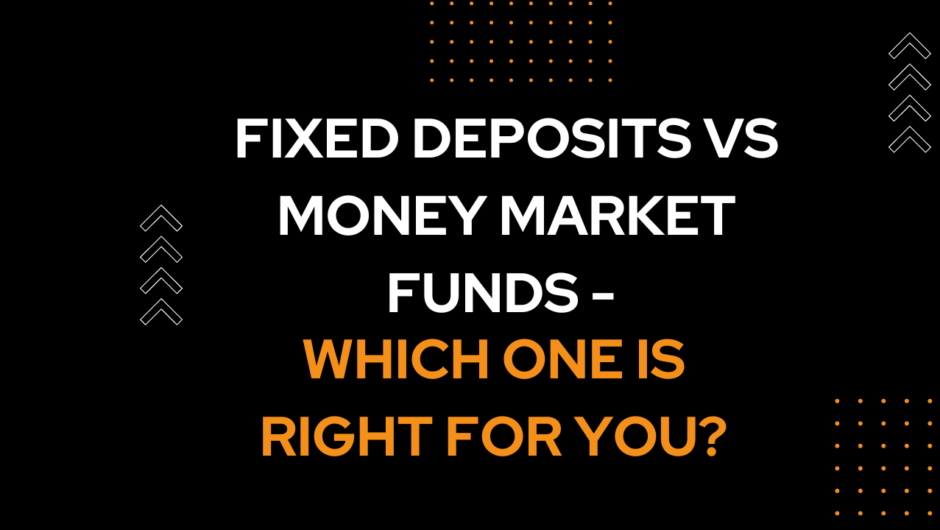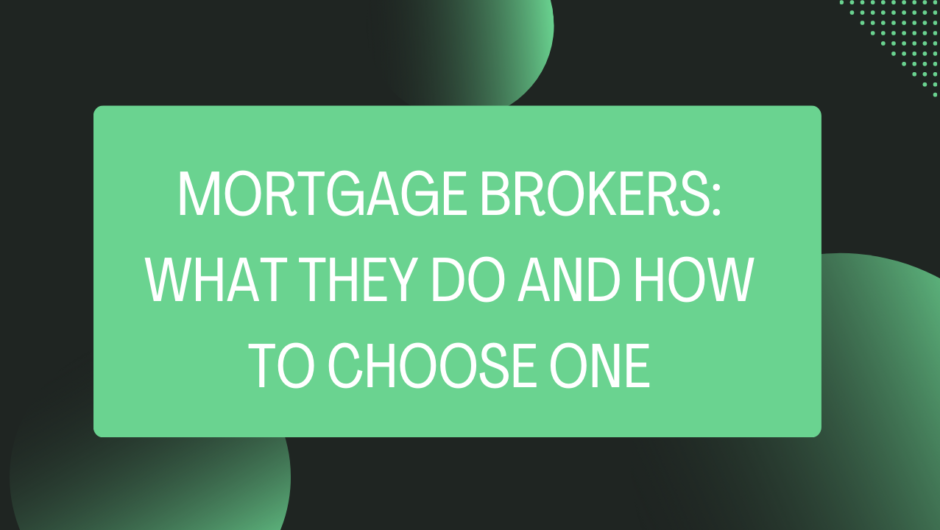Unusually High Approval Rates:
Unusually high approval rates in the context of personal loans can be a warning sign of a fraudulent lending operation. While it might seem attractive to have a high chance of getting approved for a loan, it’s essential to understand that legitimate lenders have certain criteria to assess a borrower’s creditworthiness and ability to repay the loan.

Here’s why unusually high approval rates should be viewed with caution:
- Lack of Credit Checks: Legitimate lenders evaluate a borrower’s credit history and financial situation to determine the risk associated with lending money. If a lender claims to approve almost everyone without conducting any credit checks, it could indicate that they are not concerned about the borrower’s ability to repay the loan, which is a common practice in fraudulent schemes.
- Predatory Lending: Some fraudulent lenders intentionally target vulnerable individuals with poor credit by offering high approval rates to exploit their financial difficulties. These lenders may charge exorbitant interest rates and hidden fees, trapping borrowers in a cycle of debt.
- No Verification of Income: Reputable lenders typically verify a borrower’s income to ensure they have the means to repay the loan. If a lender doesn’t request proof of income or employment, it could indicate that they are not concerned about the borrower’s financial stability, which raises red flags.
- Unsolicited Loan Offers: If you receive unsolicited loan offers with exceptionally high approval rates via email, phone calls, or text messages, be cautious. Legitimate lenders don’t typically reach out to potential borrowers without a prior request or application.
Upfront Fees:
Upfront fees in the context of personal loans refer to any charges or payments requested by the lender before the loan is approved or disbursed. These fees are typically meant to cover administrative costs or processing expenses. While some legitimate lenders may charge origination fees or processing fees, it’s essential to be cautious about upfront fees, as they can also be a red flag for potential fraudulent activities. Here’s why you should be wary of upfront fees:
- Loan Scams: Fraudulent lenders often use upfront fees as a way to exploit borrowers. They may ask for upfront payments, promising to secure a loan or improve your chances of approval. After receiving the fees, they may disappear, leaving you without the promised loan or service.
- Violation of Regulations: In many countries, charging upfront fees for personal loans is illegal. Legitimate lenders typically deduct any fees from the loan amount or add them to the total loan balance, rather than demanding payment before the loan is approved.
- Unsecured Payments: Fraudulent lenders may request upfront fees to be paid through unconventional methods, such as wire transfers or prepaid debit cards. These methods are difficult to trace and offer little to no recourse if you become a victim of fraud.
- Pressure Tactics: Scammers may pressure borrowers into paying upfront fees quickly by creating a sense of urgency. They may claim that the offer is limited or time-sensitive, pushing you to make hasty decisions without conducting proper research.
No Credit Check Required:
“No Credit Check Required” is a statement commonly used by some lenders to attract potential borrowers who may have poor credit histories or limited credit profiles. While the offer of no credit check might seem appealing to those who fear being rejected due to bad credit, it is crucial to approach such claims with caution. Here’s why:
- Higher Risk for Lenders: Lenders assess credit histories and scores to determine the level of risk associated with lending money. When a lender claims “no credit check required,” it means they are not evaluating the borrower’s creditworthiness. This could lead to higher risk for the lender, resulting in higher interest rates or unfavorable terms for borrowers.
- Predatory Lending: Some fraudulent lenders target individuals with poor credit who are desperate for loans. They may use the promise of no credit checks to exploit borrowers by offering loans with exorbitant interest rates, hidden fees, or unreasonable repayment terms.
- Limited Borrower Protection: Credit checks are in place to safeguard borrowers and ensure they don’t take on debt they cannot afford to repay. Without credit checks, borrowers may be more likely to end up with loans that are beyond their financial capacity.
- Identity Theft Risk: Some scammers use the guise of “no credit check” to lure unsuspecting individuals into providing sensitive personal information, leading to potential identity theft or fraud.
Lack of Physical Address or Contact Information:
The lack of a physical address or reliable contact information for a lender is a significant warning sign of potential fraudulent activity. Reputable financial institutions, including legitimate lenders, typically have a physical office or branch address and provide various ways to get in touch with them. Here’s why you should be cautious when encountering a lender with no physical address or contact information:
- Difficulty in Communication: Without valid contact information, it becomes challenging to reach the lender if you have questions, concerns, or issues related to your loan. This lack of communication could lead to confusion and frustration during the borrowing process.
- Lack of Accountability: A lender without a physical address or contact information may be difficult to trace or hold accountable in case of any disputes or fraudulent activities. This could make it challenging to seek legal recourse or report any unethical practices.
- Unreliable Operations: Fraudulent lenders often operate anonymously to avoid detection. They might use untraceable email addresses or phone numbers to conduct their activities, making it easier for them to disappear with borrowers’ money or personal information.
- Absence of Transparency: Legitimate lenders aim to be transparent with their borrowers, providing clear and accessible contact information to build trust. A lack of transparency raises suspicions about the lender’s intentions.
Pressure to Act Quickly:
Feeling pressured to act quickly when applying for a personal loan is a common tactic used by fraudulent lenders and scammers to exploit borrowers. It’s essential to recognize the warning signs of such pressure and to take the time to thoroughly evaluate any loan offer before making a decision. Here’s why you should be cautious when encountering pressure to act quickly:
- Limited Time Offers: Fraudulent lenders often create a sense of urgency by presenting the loan offer as a limited-time opportunity. They might claim that the deal will expire soon, pushing borrowers to make hasty decisions without proper consideration.
- Fear of Missing Out (FOMO): Scammers may use fear of missing out on a favorable loan or low-interest rate as a way to manipulate borrowers into acting quickly before fully understanding the terms and conditions.
- Preventing Due Diligence: By pressuring borrowers to decide quickly, scammers aim to prevent them from conducting proper research or seeking advice from financial experts, making it easier to hide the fraudulent nature of the loan offer.
- Lack of Clarity: Rushing borrowers into signing loan agreements may allow scammers to hide unfavorable terms, high-interest rates, or hidden fees that become apparent only after it’s too late.
Unrealistic Loan Terms:
Unrealistic loan terms refer to loan offers that seem too good to be true or are not in line with standard lending practices. These offers often present borrowers with exceptionally favorable conditions that may not be realistic or feasible. Here are some examples of unrealistic loan terms and why they should raise concerns:
- Extremely Low Interest Rates: A loan offer with an exceptionally low-interest rate compared to prevailing market rates may be a red flag. Legitimate lenders consider various factors, including creditworthiness and prevailing interest rates, when setting loan terms. Unrealistically low rates could indicate a scam or hidden fees that will be revealed later.
- No Collateral Required for High Amounts: If a lender offers high loan amounts without requiring any collateral, it might be a warning sign. High-risk loans typically require collateral to mitigate the lender’s risk. A lender claiming to offer substantial loans without collateral may have ulterior motives.
- Extended Repayment Periods: While some legitimate lenders offer flexible repayment options, loan terms that stretch for an unusually long time might come with hidden costs or excessively high interest rates. It could also lead to higher overall interest payments.
- Guaranteed Approval: Promises of guaranteed loan approval, regardless of credit history or financial situation, are unrealistic. Legitimate lenders assess borrowers’ creditworthiness and ability to repay before approving a loan.
FAQs (Frequently Asked Questions) about Personal Loans:
- What is a personal loan? A personal loan is a type of unsecured loan offered by financial institutions to individuals. It provides borrowers with a lump sum of money that they can use for various personal expenses, such as consolidating debt, home improvements, medical bills, or other financial needs.
- How do I apply for a personal loan? To apply for a personal loan, you typically need to submit an application with a lender. The application process may involve providing personal and financial information, including income, employment details, and credit history.
- What factors do lenders consider when approving a personal loan? Lenders consider various factors when approving a personal loan, including the borrower’s credit score, income, employment stability, debt-to-income ratio, and overall creditworthiness.
Conclusion:
Personal loans can be a helpful financial tool when used responsibly to cover various expenses or consolidate debts. However, it’s essential to approach the process cautiously to avoid falling victim to fraudulent schemes or unrealistic loan terms.
Also Read:
- How to avail loan against your insurance policy?
- 6 Ways on How to Choose the Best Personal Loan
- 7 Good Reasons to Get a Personal Loan
- What is Amortized Loan? How Does it Work, What are Loan Types ?

Hello, I am Tanisha Kriplani, graduated in computer science from Delhi University. I am passionate about web content writing and have a strong interest in Data Analytics and Data Engineering.











